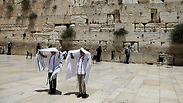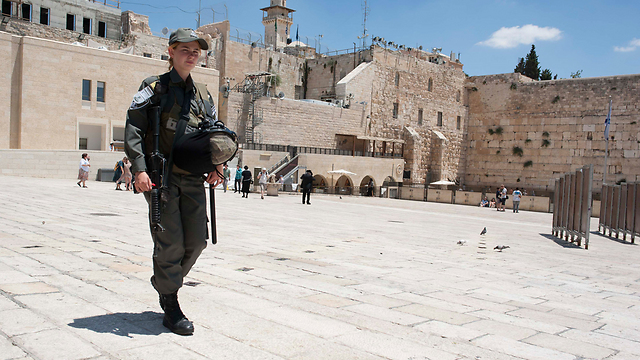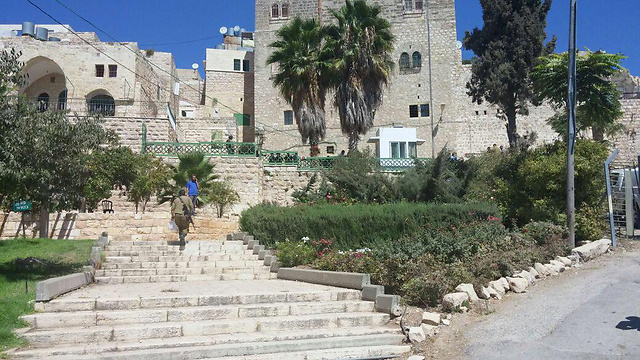
"This is a loss only if we look at it coldly and not deeply. This may be an achievement, but those who live here know that the Arabs left with disappointed faces; they expected a consensus. However, there are three countries that voted in favor of Israel against the proposal. Another eight countries abstained, including all of Europe. Meaning, the majority of countries in the committee did not support the Palestinian position," Shama-Hacohen told Ynet in an interview.
He also argued the resolution was mostly a symbolic gesture meant to influence world public opinion, but he did caution it could have tangible consequences. "This decision is primarily a struggle for opinion; a narrative that cannot be accepted. We have no problem that only one country supports us as long as the decision does not get a consensus. That is the real struggle here," he said.
The proposal was submitted to the UNESCO World Heritage Committee by three Arab states. In the wake of Israeli pressure and an attempt to arrive at a consensus, the Arab states and the Palestinians softened the proposal's language.
Ten states supported the proposal: Azerbaijan, Indonesia, Lebanon, Tunisia, Kazakhstan, Kuwait, Turkey, Vietnam, Zimbabwe and Cuba. Three voted against the proposal: The Philippines, Jamaica and Burkina Faso. Another eight countries abstained: Angola, Croatia, Finland, Peru, Poland, Portugal, South Korea and Tanzania.
"This is an extremely important issue. These are decisions that determine awareness in regards to Jewish holy sites, the capital of Israel and Hebron—the second holiest city," Shama-Hacohen explained.
He also addressed a resolution scheduled to go to a vote on Friday to declare Hebron's Old City, where the Cave of the Patriarches is located, as a Palestinian World Heritage Site.
"The professional consensus also views the Palestinian request as one that ignores the Jewish and Christian connection to Hebron. This is an attempted Islamization and an effort to expand the conflict to one of culture and religion. We need the other international organizations the Palestinians are trying to be accepted into as a state to understand that this is an attempt to cause harm to Israel."


















